Summaries of books about Logic & Language:
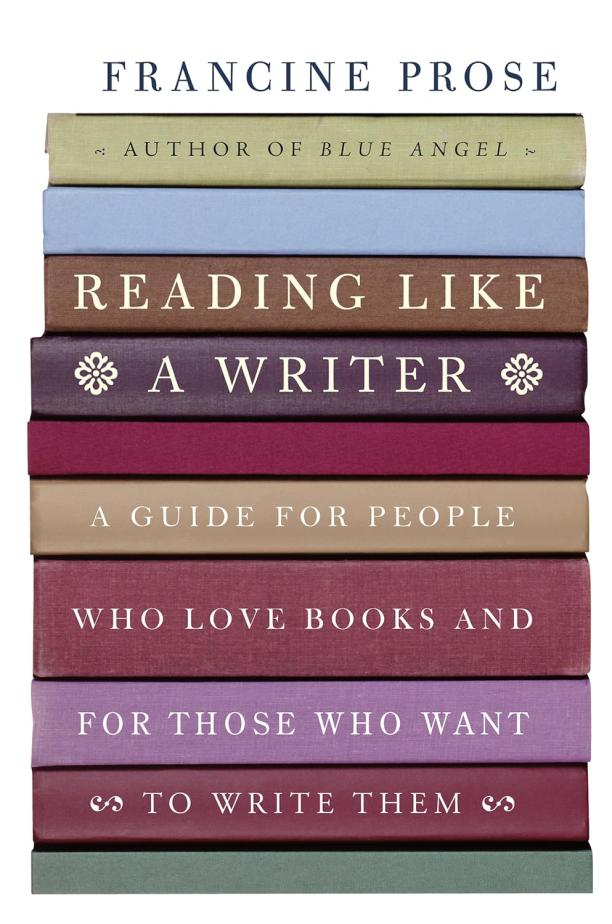
Reading Like a Writer
A Guide for People Who Love Books and for Those Who Want to Write Them (P.S.)
Francine Prose
The book is a practical guide for improving writing skills by closely examining the works of great authors, focusing on the importance of reading meticulously to understand the nuances of language, style, and narrative techniques. It encourages readers to dissect and appreciate the finer points of literature, from word choice to sentence structure, to enhance their own writing craft.
See full summary
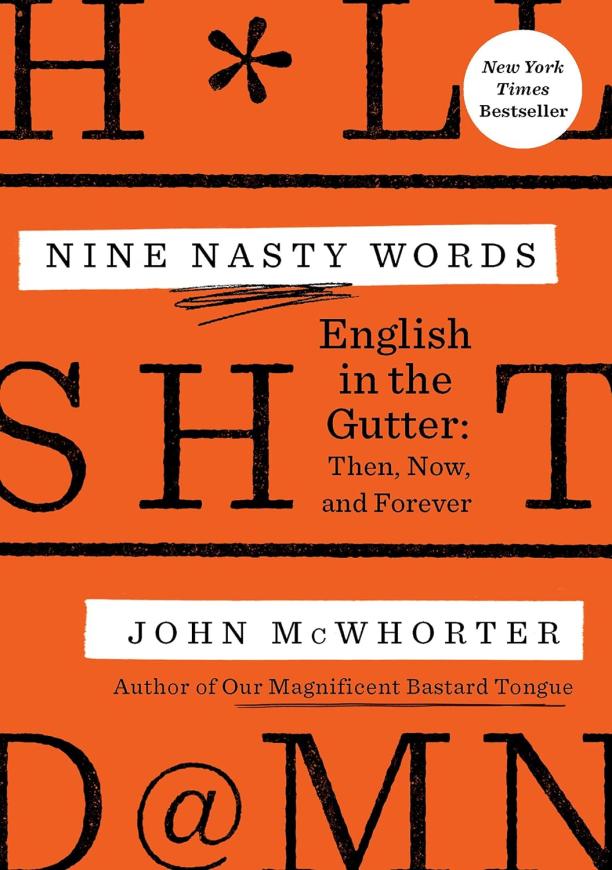
Nine Nasty Words
English in the Gutter: Then, Now, and Forever
John McWhorter
The book delves into the history and evolution of English swear words, examining their linguistic origins, cultural significance, and the ways in which they reflect societal taboos and changes. It explores the power, versatility, and emotional resonance of these words, while also considering their place in modern discourse and censorship.
See full summary
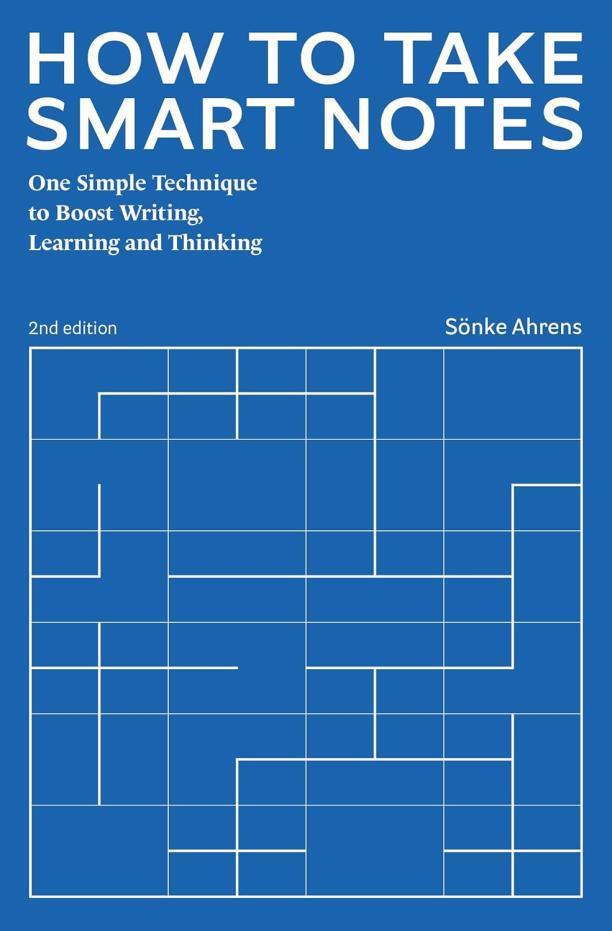
How to Take Smart Notes
One Simple Technique to Boost Writing, Learning and Thinking
Sönke Ahrens
The book presents the Zettelkasten method, a note-taking system that helps users efficiently organize, retain, and develop ideas for writing and learning. It guides readers through the process of creating a network of interconnected notes that enhance understanding and creativity.
See full summary
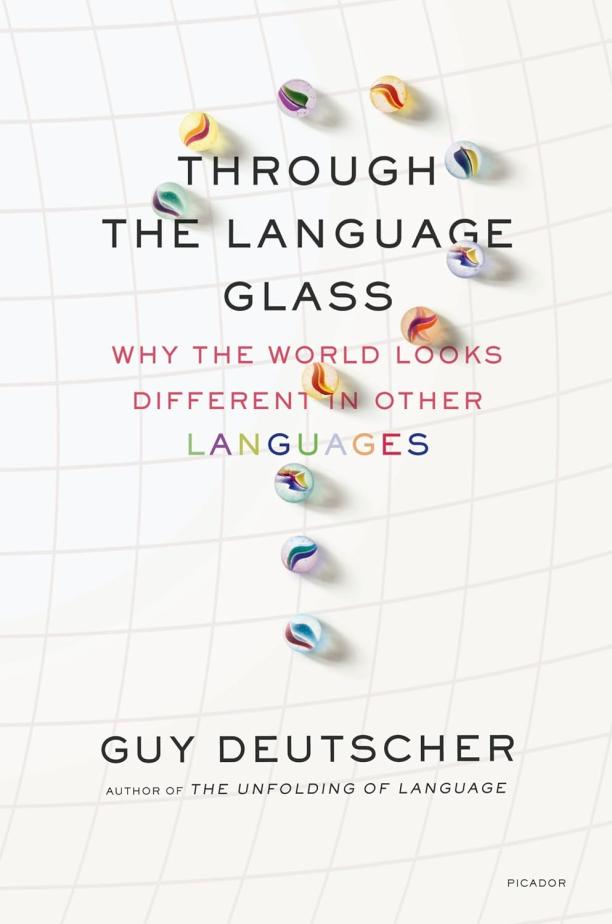
Through the Language Glass
Why the World Looks Different in Other Languages
Guy Deutscher
The book explores the relationship between language, culture, and thought, challenging the idea that the world is perceived the same way by all speakers, regardless of their native tongues. It delves into how linguistic differences can shape and reflect perceptions of color, space, and objects in the world.
See full summary
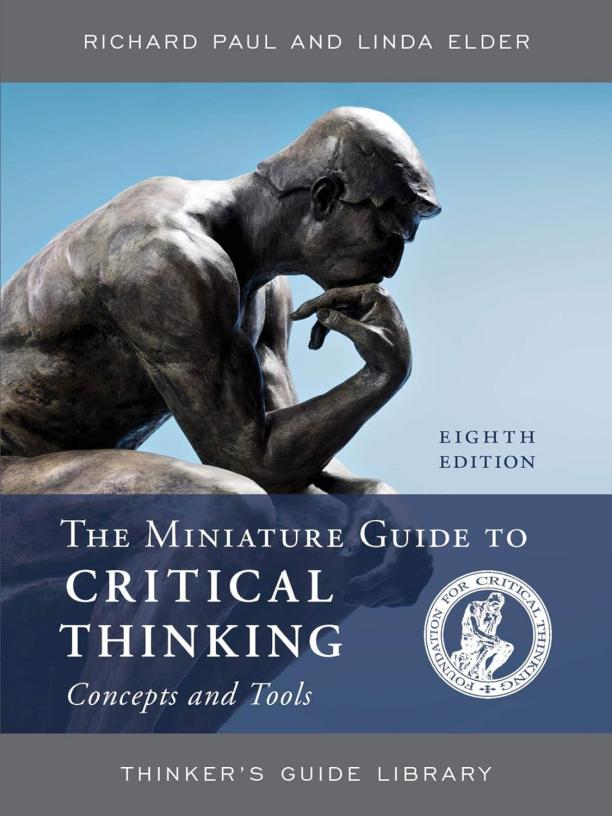
The Miniature Guide to Critical Thinking Concepts and Tools
Richard Paul|Linda Elder
The book provides a concise overview of essential critical thinking principles and strategies, offering readers practical tools to enhance their reasoning skills. It covers concepts such as the elements of thought, intellectual standards, and the traits of a critical thinker, aiming to foster analytical thinking in everyday situations.
See full summary
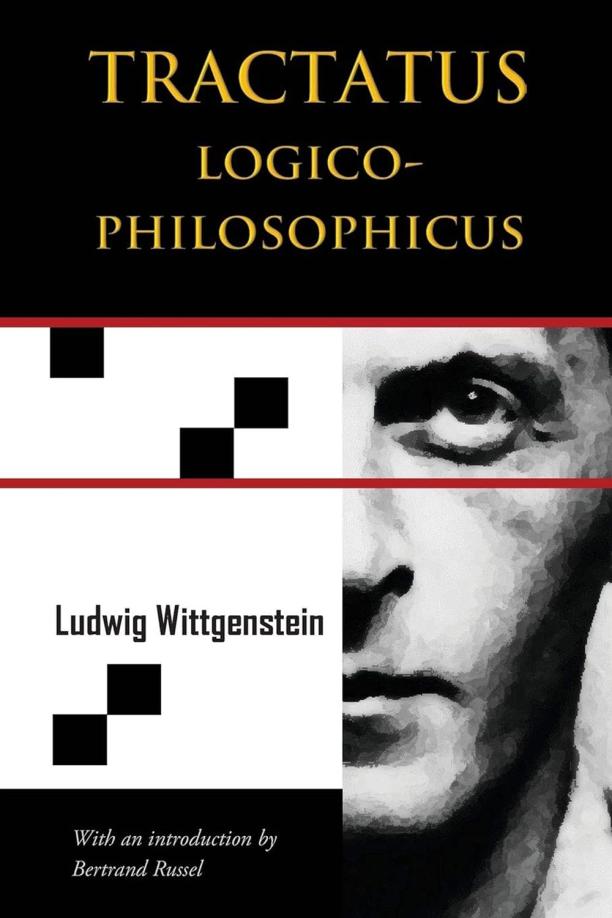
Tractatus Logico-Philosophicus
the original authoritative edition
Ludwig Wittgenstein
The book presents Wittgenstein's early philosophical work, which explores the relationship between language and reality, proposing that the structure of language reflects the structure of reality. It consists of a series of declarative statements, numbered and organized in a systematic outline, where Wittgenstein develops his picture theory of language, the idea of logical atomism, and concludes with the famous proposition "Whereof one cannot speak, thereof one must be silent."
See full summary
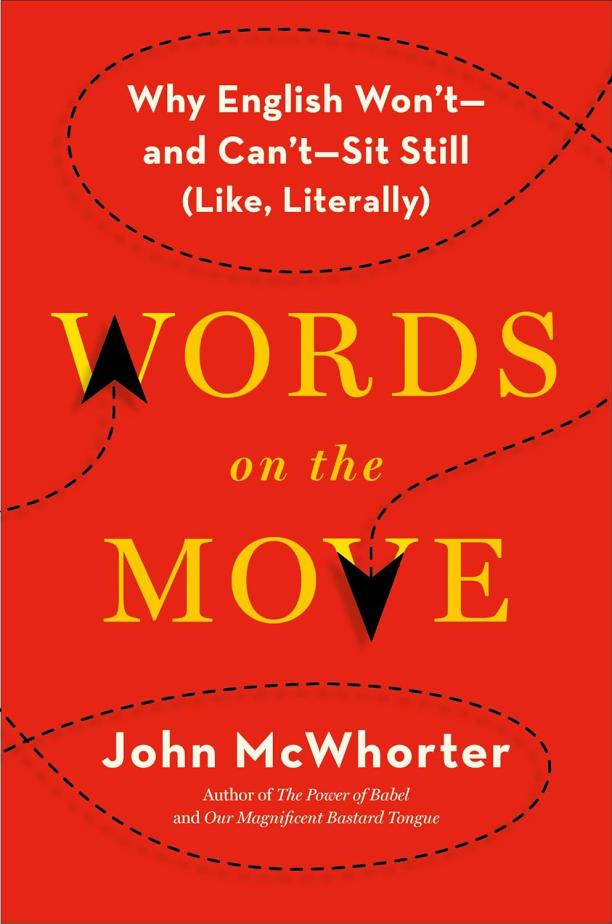
Words on the Move
Why English Won't - and Can't - Sit Still
John McWhorter
The book explores the dynamic and ever-evolving nature of the English language, examining how words change in meaning, pronunciation, and usage over time. It delves into the linguistic forces and social factors that drive these changes, challenging the notion that such shifts represent a decline in language quality.
See full summary
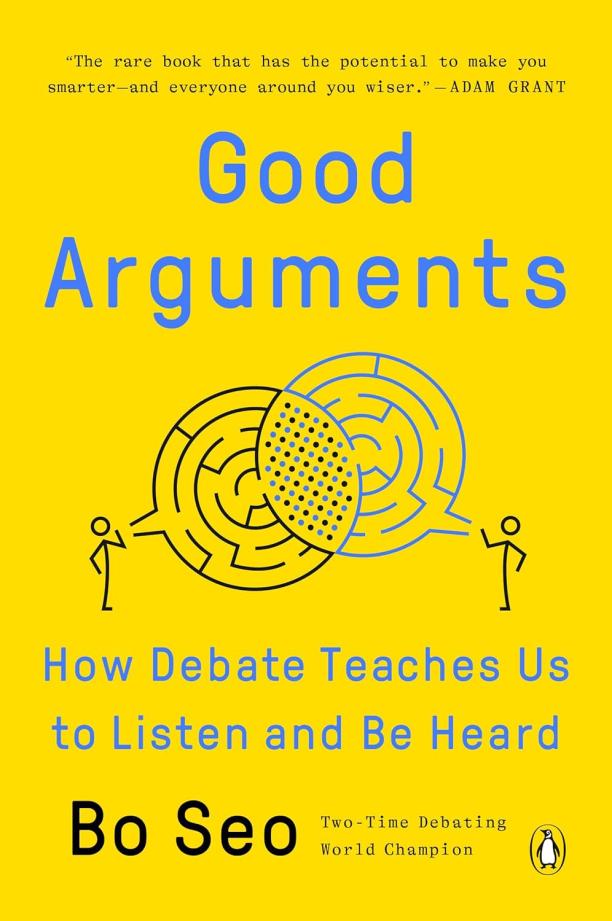
Good Arguments
How Debate Teaches Us to Listen and Be Heard
Bo Seo
The book explores the art of debate, emphasizing its role in fostering understanding and improving communication skills. It provides insights into listening effectively and articulating points of view in a way that promotes constructive dialogue and mutual respect.
See full summary
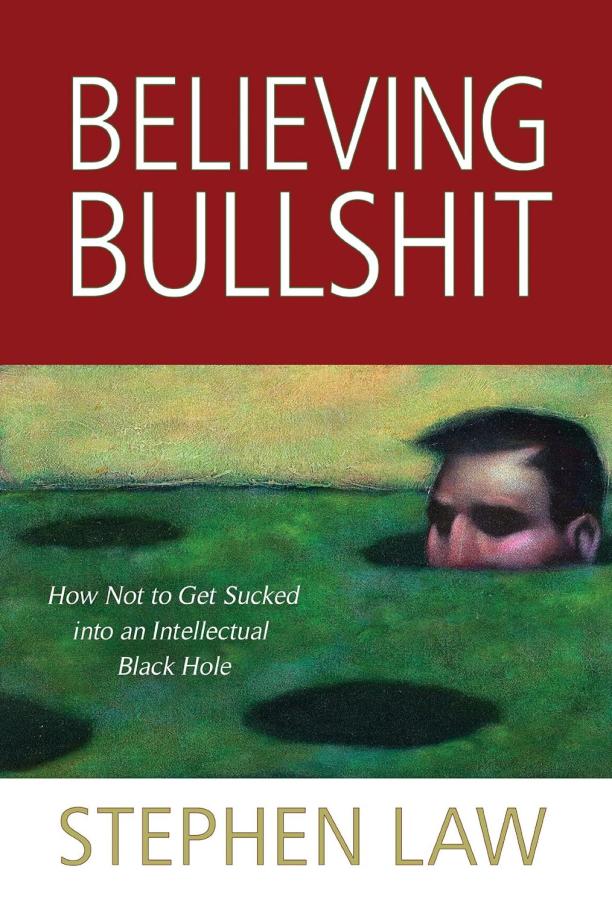
Believing Bullshit
How Not to Get Sucked into an Intellectual Black Hole
Stephen Law
The book provides a critical examination of various techniques used to defend unfounded beliefs and pseudoscience, offering readers tools to recognize and avoid falling into the trap of such intellectually deceptive arguments. It dissects common patterns of flawed reasoning and the psychological tactics often employed to maintain irrational beliefs.
See full summary
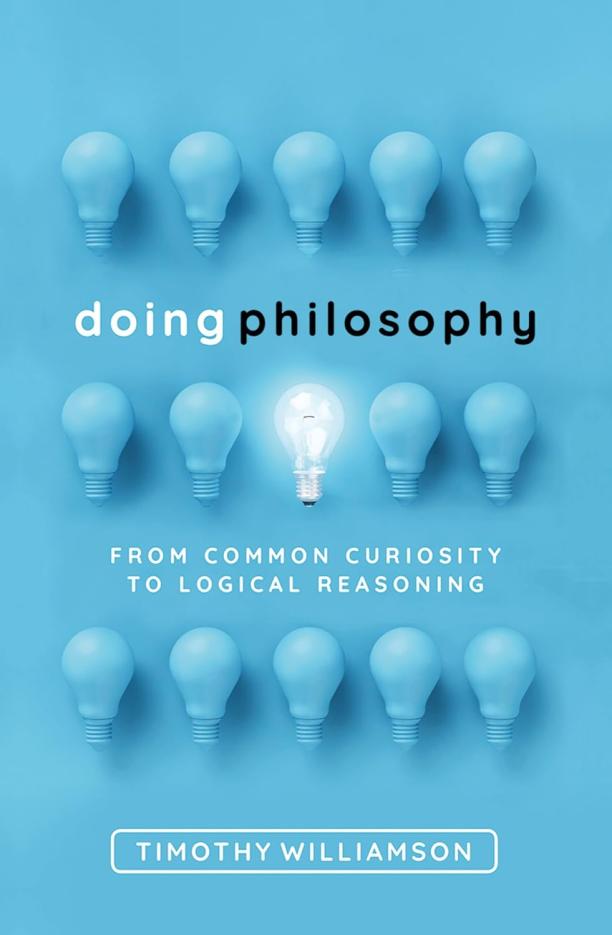
Doing Philosophy
From Common Curiosity to Logical Reasoning
Timothy Williamson
The book is a guide to the practice of philosophy, emphasizing the importance of logical reasoning and the pursuit of knowledge through philosophical methods. It explores how philosophical thinking extends beyond academic discourse, engaging with everyday questions and curiosities to develop a deeper understanding of the world.
See full summary